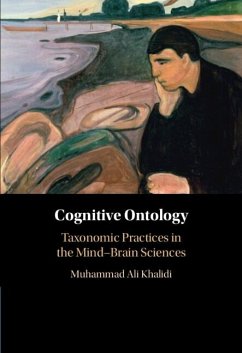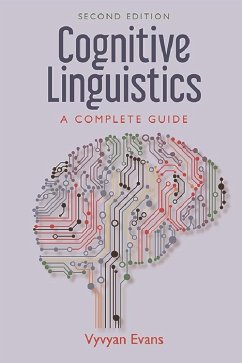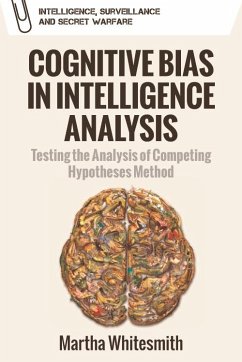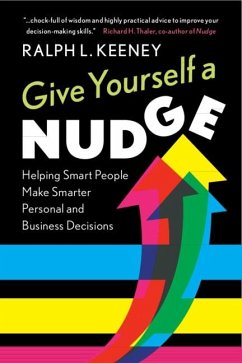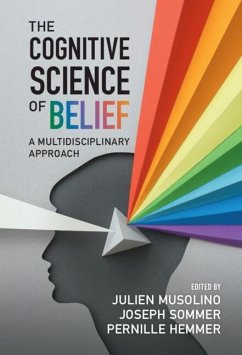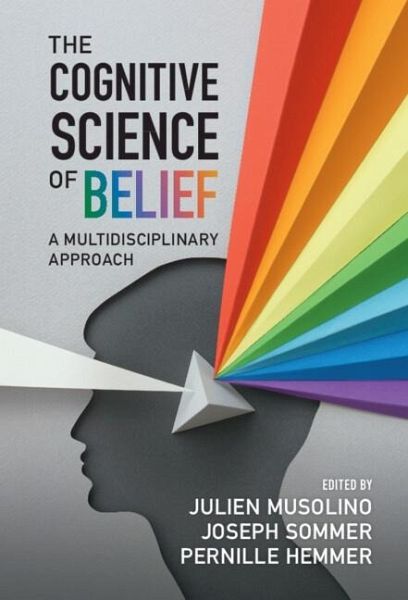
Cognitive Science of Belief (eBook, PDF)
A Multidisciplinary Approach
Redaktion: Musolino, Julien; Hemmer, Pernille; Sommer, Joseph
Versandkostenfrei!
Sofort per Download lieferbar
36,95 €
inkl. MwSt.
Weitere Ausgaben:

PAYBACK Punkte
18 °P sammeln!
Beliefs play a central role in our lives. They lie at the heart of what makes us human, they shape the organization and functioning of our minds, they define the boundaries of our culture, and they guide our motivation and behavior. Given their central importance, researchers across a number of disciplines have studied beliefs, leading to results and literatures that do not always interact. The Cognitive Science of Belief aims to integrate these disconnected lines of research to start a broader dialogue on the nature, role, and consequences of beliefs. It tackles timeless questions, as well as...
Beliefs play a central role in our lives. They lie at the heart of what makes us human, they shape the organization and functioning of our minds, they define the boundaries of our culture, and they guide our motivation and behavior. Given their central importance, researchers across a number of disciplines have studied beliefs, leading to results and literatures that do not always interact. The Cognitive Science of Belief aims to integrate these disconnected lines of research to start a broader dialogue on the nature, role, and consequences of beliefs. It tackles timeless questions, as well as applications of beliefs that speak to current social issues. This multidisciplinary approach to beliefs will benefit graduate students and researchers in cognitive science, psychology, philosophy, political science, economics, and religious studies.
Dieser Download kann aus rechtlichen Gründen nur mit Rechnungsadresse in A, B, BG, CY, CZ, D, DK, EW, E, FIN, F, GR, HR, H, IRL, I, LT, L, LR, M, NL, PL, P, R, S, SLO, SK ausgeliefert werden.




